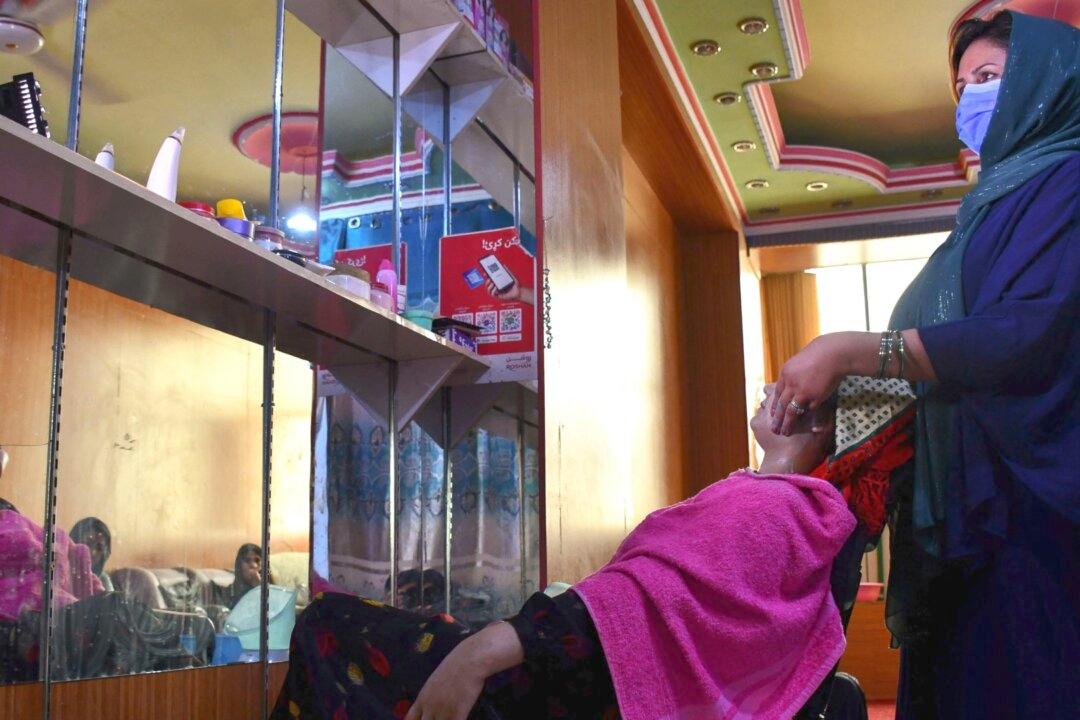The Taliban in Afghanistan has ordered beauty salons in the country to close within a month, according to a Taliban spokesperson, marking another blow to Afghan women’s rights since the regime seized power nearly two years ago.
Mohammad Sadiq Akif, a spokesman for the Taliban-led Ministry of Propagation of Virtue and Prevention of Vice, said on Tuesday that the deadline for shutting beauty parlors is one month, starting from July 2, when they were first informed of the move.





